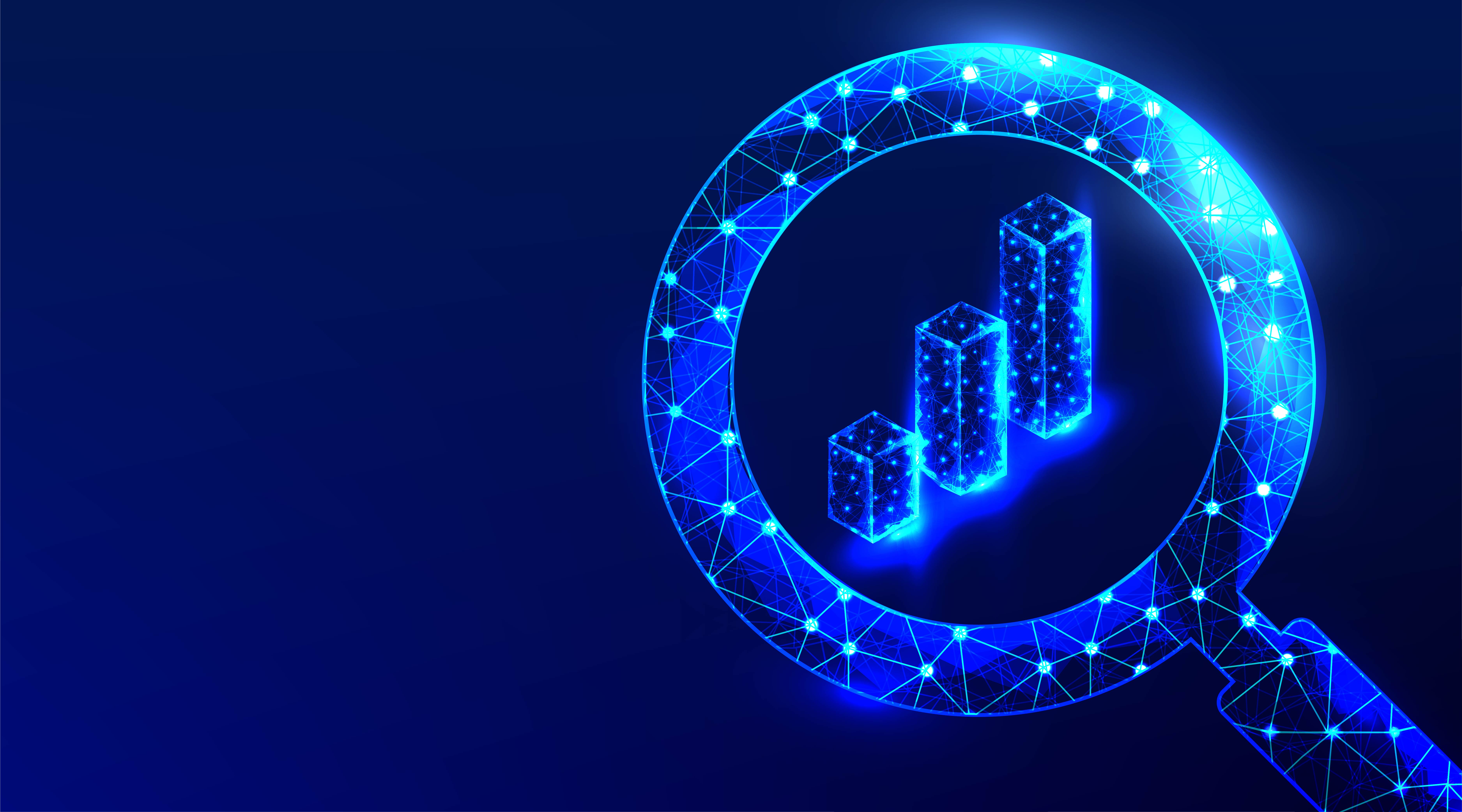2025 Industry Trends Shaping Cybersecurity and DevOps
Introduction
The cybersecurity and DevOps landscape is undergoing a fundamental transformation in 2025. As organizations navigate an increasingly complex threat environment, the integration of security into development workflows has become not just a best practice but an essential requirement. This article explores the pivotal shifts and emerging technologies that are defining the future of digital defense and development in 2025.
1. AI-Powered Defense & Offense: The New Arms Race
The integration of artificial intelligence into cybersecurity has moved beyond experimental phases into mainstream adoption. Organizations are now leveraging AI technologies for both threat detection and offensive capabilities, creating a sophisticated arms race that demands advanced adaptive security systems.
The Evolution of AI in Security
Machine learning algorithms now power threat detection systems that can identify anomalous behavior patterns in real-time. Unlike traditional rule-based security tools, AI-powered defense mechanisms adapt to emerging threats automatically, learning from new attack vectors and adjusting detection parameters accordingly.
Dual-Edge Sword: AI Attacks and Defense
While AI strengthens defensive capabilities, threat actors simultaneously employ AI for sophisticated attacks. Advanced persistent threat (APT) actors use machine learning to craft more convincing phishing campaigns, automate vulnerability scanning, and develop polymorphic malware that evades signature-based detection. This escalation requires organizations to invest in AI-driven security solutions that can match the sophistication of AI-powered attacks.
Key Takeaway
Organizations in 2025 must prioritize implementing AI-powered defense systems with continuous learning capabilities. The competitive advantage increasingly belongs to those who can deploy adaptive security infrastructure that responds to threats faster than human teams can manually intervene.
2. Supply Chain Security Fortification: Beyond the Perimeter
Supply chain attacks have evolved from niche threats to some of the most impactful security incidents. In 2025, securing the entire software supply chain is no longer optional but a fundamental requirement for organizational resilience.
Protecting Third-Party Dependencies
The average application relies on hundreds of open-source and third-party components. Each dependency represents a potential vulnerability point. Advanced supply chain security strategies now include comprehensive vetting of third-party components, continuous monitoring of open-source dependencies, and rapid patching protocols.
Software Bill of Materials (SBOM) and Transparency
Organizations are increasingly adopting Software Bill of Materials (SBOM) frameworks to maintain complete visibility into their software components. This transparency enables rapid identification and mitigation of vulnerabilities discovered in third-party libraries.
Embedded Threat Detection
2025 sees a shift toward detecting stealthy attacks embedded in third-party components and open-source dependencies. Security teams are implementing advanced analysis tools that can identify malicious code injected into software supply chains before it reaches production environments.
Key Takeaway
Robust supply chain security now requires a multi-layered approach: component vetting, dependency tracking, SBOM implementation, and continuous monitoring of open-source ecosystems.
3. Shift-Left Security Dominance: Integrating Security Early
Shift-left security represents the integration of robust security measures earlier in the DevOps lifecycle. Rather than treating security as a final checkpoint, organizations are automating security checks from code creation through deployment.
Security in the Development Cycle
Shift-left practices embed security directly into developer workflows. This includes static application security testing (SAST) integrated into code editors, pre-commit security hooks that prevent vulnerable code from entering repositories, and automated security scanning as part of continuous integration pipelines.
Automation and Continuous Compliance
By automating security checks across the entire development lifecycle, organizations achieve several benefits: faster feedback loops for developers, reduced security debt, and continuous compliance with security standards. Developers receive immediate feedback on security issues, enabling them to remediate vulnerabilities during development rather than post-deployment.
Cultural Shift in Development Teams
Shift-left security requires embedding security expertise within development teams. Security champions and embedded security engineers work alongside developers to educate teams about secure coding practices and threat modeling.
Key Takeaway
Organizations adopting shift-left security achieve faster development cycles without compromising security. The integration of automated security checks from code creation to deployment reduces both vulnerability detection time and remediation costs.
4. Cloud-Native Security Evolution: Managing New Attack Surfaces
Cloud-native architectures including containers, Kubernetes, and serverless computing have expanded the threat surface significantly. In 2025, cloud-native security has evolved into a specialized discipline requiring purpose-built tools and practices.
Container and Kubernetes Security
As container adoption accelerates, securing containerized workloads has become critical. Organizations implement container image scanning, runtime protection, and network policies to secure containers at scale. Kubernetes-specific security controls address pod security policies, role-based access control (RBAC), and cluster hardening.
Serverless Security Challenges
Serverless computing introduces unique security challenges: reduced visibility into underlying infrastructure, rapid function scaling, and distributed attack surfaces. Security strategies for serverless environments require specialized monitoring tools that track function behavior, manage secrets across distributed invocations, and detect anomalous execution patterns.
Multi-Cloud Security Orchestration
With workloads distributed across multiple cloud providers, organizations require security orchestration platforms that provide consistent security policies across heterogeneous cloud environments. These platforms unify visibility, threat detection, and compliance monitoring across AWS, Azure, Google Cloud, and on-premises infrastructure.
Key Takeaway
Cloud-native security demands specialized tooling and expertise. Organizations must prioritize container security, Kubernetes hardening, and multi-cloud security orchestration to protect dynamic, distributed cloud-native workloads.
5. Ubiquitous Zero Trust Adoption: The "Never Trust, Always Verify" Standard
Zero Trust architecture represents a fundamental shift from the traditional "trust but verify" model to "never trust, always verify." In 2025, Zero Trust adoption has moved from theoretical framework to practical implementation across enterprise organizations.
Principles of Zero Trust in Practice
Zero Trust security assumes breach and requires continuous authentication and authorization. Every user, device, and application request undergoes granular verification. Access decisions incorporate context including user identity, device posture, location, time of access, and request characteristics.
Granular Access Controls and Continuous Authentication
Implementing Zero Trust requires deploying granular access controls at multiple levels: network access, application access, and data access. Continuous authentication mechanisms verify user identity and device compliance throughout sessions rather than only at initial login.
Identity-Centric Security
Zero Trust places identity at the center of security strategy. Advanced identity platforms incorporate multi-factor authentication (MFA), passwordless authentication, and adaptive authentication mechanisms that adjust security requirements based on risk signals.
Implementation Across DevOps Pipelines
Zero Trust principles extend into DevOps environments. CI/CD pipelines implement identity-based access controls, artifact verification, and environment segmentation. Infrastructure-as-Code deployments require authentication and authorization verification before provisioning resources.
Key Takeaway
Zero Trust adoption is no longer aspirational—it's becoming standard practice. Organizations implementing Zero Trust architectures achieve significantly improved threat detection and reduced breach impact through continuous verification and granular access controls.
Conclusion
The cybersecurity and DevOps landscape in 2025 reflects a profound evolution in how organizations approach digital defense. AI-powered systems provide sophisticated threat detection, supply chain fortification protects against advanced attacks, shift-left security accelerates secure development, cloud-native security addresses new attack surfaces, and Zero Trust adoption establishes continuous verification as standard practice.
Organizations that successfully navigate these trends will implement integrated security strategies that treat cybersecurity not as a separate function but as a core component of DevOps processes. The competitive advantage belongs to those who can rapidly adapt security practices to evolving threats while maintaining development velocity and operational efficiency.
Success in 2025 requires investment in advanced security technologies, cultivation of security expertise within development teams, and commitment to continuous evolution as the threat landscape transforms. The future belongs to organizations that embed security into every phase of digital transformation.
Read More
Complete Bug Bounty Roadmap 2025: From Beginner to First $10K
2025 Industry Trends Shaping Cybersecurity and DevOps
How Much Do Cybersecurity Professionals Make? 2025 Salary Guide by Role
How to Build a Home Cybersecurity Lab for Under $500 [2025 Guide]
Cybersecurity Resume Guide: 7 Mistakes That Are Killing Your Job Applications

_13.png)


